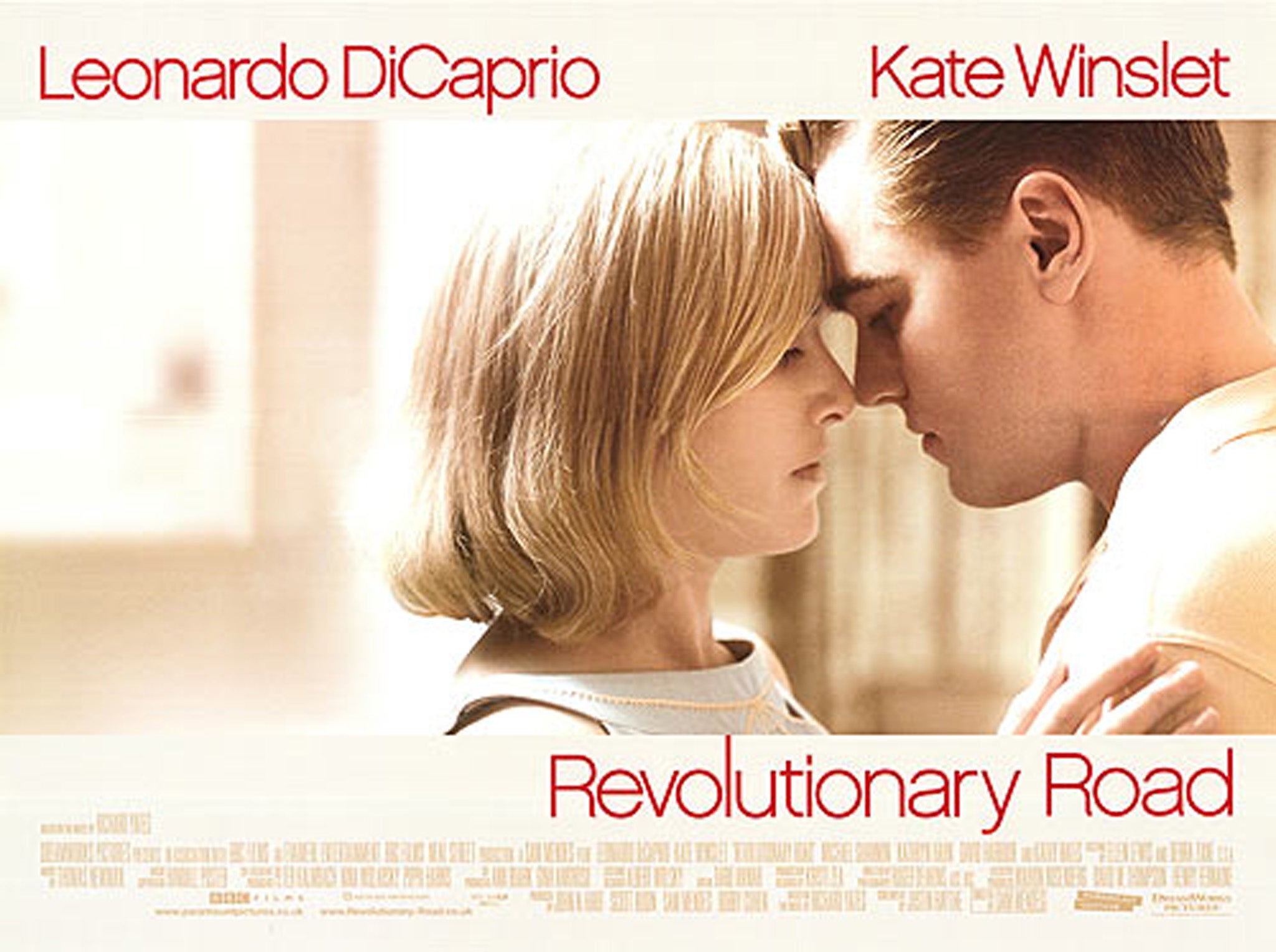No magical realism please, We're Mexican; Week in Books column

Your support helps us to tell the story
From reproductive rights to climate change to Big Tech, The Independent is on the ground when the story is developing. Whether it's investigating the financials of Elon Musk's pro-Trump PAC or producing our latest documentary, 'The A Word', which shines a light on the American women fighting for reproductive rights, we know how important it is to parse out the facts from the messaging.
At such a critical moment in US history, we need reporters on the ground. Your donation allows us to keep sending journalists to speak to both sides of the story.
The Independent is trusted by Americans across the entire political spectrum. And unlike many other quality news outlets, we choose not to lock Americans out of our reporting and analysis with paywalls. We believe quality journalism should be available to everyone, paid for by those who can afford it.
Your support makes all the difference.Remember magical realism? A term fashionably recast from its European surrealist roots to be applied to contemporary literature that was (usually) ‘not from these parts’. So exotic folklore, supernatural or baroque fantasy – what Cuban writer, Alejo Carpentier, described as “marvelous real” – woven into the narrative experimentalism of novels by Salman Rushdie, Gabriel García Márquez, Isabel Allende, and virtually every other Latin American author of note. I remember as a student thrilling at all the heaven-bound ascension of women hanging laundry and daughters with paranormal powers.
The term doesn’t seem half as exciting now. It has aged as badly as the Lady Di flick or bat-winged dress, also of my student years. Or are some of us still using it? Worse, do some Latin American authors feel their work is undermined by it now? Type “magical realism” into Google’s search engine and the first port of call – a Wikipedia page, of course – will tell you that Latin America is its country of origin.
Some feel a need to distinguish reality from cliche: a talk co-organised by the British Council at the London Book Fair, which begins on Tuesday and hosts 11 authors from Mexico (its country of focus this year) hopes to confirm a break with this convention and “reinvent Mexico’s literary legacy”. Juan Villoro and Jorge Volpi will discuss how, when Latin American fiction began gaining popularity outside Spanish-speaking circles, elements of magic, mystery and meta-fiction specifically drew European readers – literary conventions from which they and their contemporaries have distanced themselves.
Breaking from convention, though, doesn’t mean ditching it wholesale. In the books of some of the 11 – which range from the illustrious Cervantes Prize-winner Elena Poniatowska, to Valeria Luiselli, aged 31, who has been championed by Granta – there are other-worldly aspects. You might call them the ghosts of history in some works, while in others, they are literal – Latin America’s ambassador for children, Francisco Hinojosa, inserts fantastical strains in his stories – but they are configured in oblique new ways that offer a departure from the genre under which they are still mistakenly filed.
More noticeable is the formal experimentation – the blending and splicing of genres in the part-essay, part-fictive writings of Luiselli (who will be interviewed by Adam Thirlwell on Wednesday), and in the formal inventiveness of Volpi’s novel, In Search of Klingsor, about the Nazi regime, which pushes the boundaries of a novel. There are the urgent feminist messages of investigative journalist, Lydia Cacho, whose writings follow sex trafficking in South America, and the feminist poet and novelist, Carmen Boullosa. It all sounds like it might reset the rules for the “marvelous real”.
The slow burn of a 50-year-old classic is catching on
It’s the 50th anniversary of Stoner. I think most readers will know that I’m talking about John Williams’ third novel. Had I mentioned it two years ago, you might not have heard of the novel, written in 1965 and republished posthumously to great acclaim (and greater sales). In fact, this newspaper did mention it two years ago. According to Vintage, its publishers: “After your story appeared, interest peaked and we went on to sell significant numbers in 2013.” They’ve sold over 500,000 to date since 2012.
A pat on the back for us, though authors were singing its praises before us. There have been a few other Stoner-style successes (all too late for the novelists to enjoy): Penguin’s reissue of Hans Fallada’s Alone in Berlin has sold handsomely, along with Daniel Anselme’s On Leave (neither took off during their lifetimes). Faber Classics makes mention of the fact that the now-celebrated Nightwood by Djuna Barnes found little popularity on publication – there was even debate in Faber’s editorial committee about whether it should be taken on. Vintage points out that Revolutionary Road made few waves when Richard Yates wrote it in 1961. The interesting question now is what is the “greatest book we’ve never heard of” (Stoner’s tag)? Vintage is hoping that Fred Uhlman’s Reunion (1971), to be published in July, might follow in Stoner’s footsteps.... Watch this space?
Join our commenting forum
Join thought-provoking conversations, follow other Independent readers and see their replies
Comments